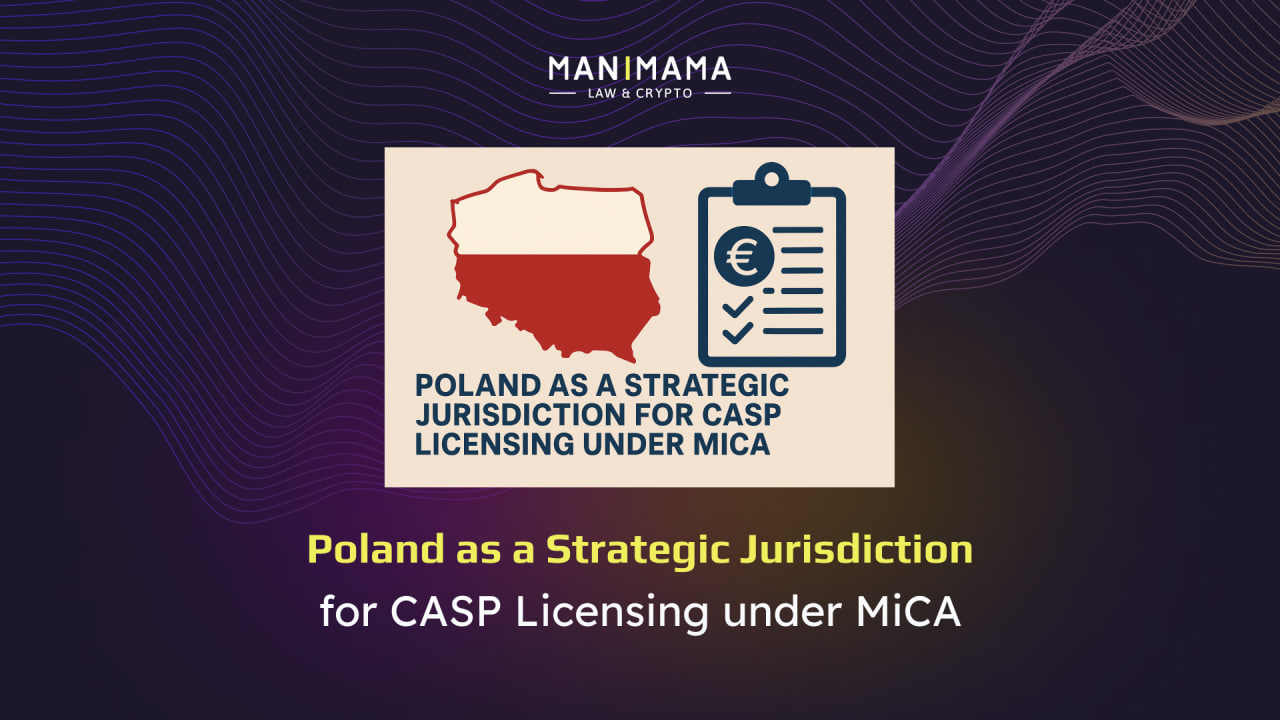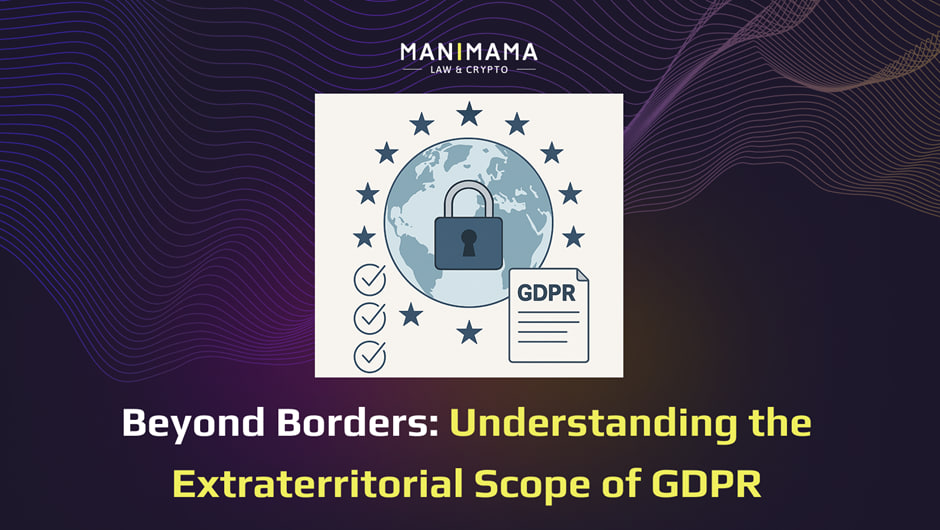The global crypto-asset regulatory landscape is developing at an unparalleled rate as the world quickly learns and adapts to digital currencies and blockchain technology.
Based in the Indian Ocean, Seychelles is known for its stunning environmental beauty, which attracts tourists from all over the world. But beneath the spectacular scenery and pure blue waters hides a booming crypto-economy with no official regulations or supervision.
While countries are struggling to deal with crypto-assets issues, the small island nation of Seychelles finds itself in a singular position – it stands out for not having a comprehensive regulation of crypto-assets.This article gives you an overview of the specifics of crypto regulation in this jurisdiction.
Current situation with regard to the cryptoregulation in Seychelles
It should first be noted that Seychelles law, namely the AML and CFT Act, 2020 (consolidated to 19th May, 2022), enshrines the definition of virtual asset (“VAs”) that means a digital representation of value that can be digitally traded or transferred and can be used for payment or investment purposes and does not include digital representation of fiat currencies, securities and other financial assets.
In Seychelles, legal tender is considered as cash and non-cash payment methods. Under Part V of the Central Bank of Seychelle (“CBS”) Act, 2004, notes and coins issued by the Central Bank shall be legal tender in Seychelles by cheques, payment orders, collection orders, bank cards and other payment instruments as defined in part VII of the Act. Payment instruments outside of this scope are deemed to be illegal. VA falls outside the range of CBS’s defined legal tender payment instruments and is not recognised as a means of payment in the country. Nor has the government of Seychelles or the CBS provided an avenue for using VA as legal tender. Internally, Seychelles has no lawful means for using VA as legal tender, and it is also not captured under Foreign Exchange Act 2009 as foreign currency.
It is necessary to mention that currently there is no legal framework in Seychelles regarding the regulation of virtual assets related activities. Thus, this jurisdiction does not have a Virtual Asset Service Provider (“VASP”) licensing law and there is no VASP supervision and the existing countering the financing of terrorism (“AML/CFT”) and financial services legislative framework is out of step with the rapid transactional activities happening in the VAs space and digital financial transformation.
No guidance on VA and VASPs has been issued in Seychelles to enable potential VASPs to understand and act upon the regulator’s expectations and ML/TF risks associated with VA and related activities, as well as compliance requirements. Due to the lack of legislation, no active engagement with the sector has been undertaken for this purpose.
The general conclusion is that all VASPs domicile or operating from Seychelles are unregistered, unlicensed, unregulated, and unsupervised for AML/CFT purposes.
To confirm the above, on January 10, 2023 Financial Services Authority (“FSA”) has issued “Advisory on Virtual Asset Service Providers alleged to be licensed and regulated by the Financial Services Authority”, in which informs that the FSA does not and has not licensed international business companies (“IBCs”) for the conduct of services linked to any type of VA, virtual currency exchange platforms and other related or similar services. As is the norm for any company, an IBC is required to seek and possess the appropriate authorisation to carry out specific activities in its jurisdiction of operation. Therefore, the FSA recommends that individuals wishing to use the services of any entities claiming to provide services as part of such activities should first conduct their own due diligence and due diligence on those entities, which may or may not be IBCs, and carefully consider the risks, such as loss of funds and potential difficulties in recovering them, in dealing with such services and entities before engagements.
However, it must be stated that Seychelles is in the process of developing a national policy VAs in order to deal with the increasing number of claims about cryptocurrency activities. Naadir Hassan, the country’s finance minister, said the move was pushed by a report on a national risk assessment (“NRA”) conducted by the FSA. As he explained, the financial sector worldwide has undergone a transformation in the last five to seven years in the way it does business, especially when it comes to payment methods.
The aim of the policy will be to establish a legal framework for a better regulation of VA related activities in Seychelles and to keep the public safe. Therefore, the policy will seek to establish legal rules for the registration of VA businesses and issue licenses according to the types of activities permitted in the country.
AML and CFT situation concerning virtual assets and VASPs
Recommendation 15 (REC15) of the Financial Action Task Force (FATF) in relation to New Technologies requires VASPs be regulated for AML/CFT purposes, licensed or registered and subject to effective systems for monitoring or supervision.
But the Seychelles Mutual Evaluation Report stated the following: Seychelles was deemed as being non‐compliant with regards to REC15.
Observing the growing popularity of VA use over a short period of time and the potential for misuse due to the lack of a specific regulatory and legislative framework, the FSA commissioned the Government of Seychelles to conduct an ML/TF risk assessment to cover all sectors that may be affected by VA and VASP activities in the country.
In summer 2022, the National AML and CFT Committee (“NAC”) received the endorsement of the Cabinet of Ministers for the adoption and publication of the National Risk Assessment Report on Virtual Assets and Virtual Assets Service Providers. The VA/VASP NRA was conducted over the first half of 2022 with the primary aim of aiding NAC and its constituent competent and supervisory authorities to assess the ML and TF risks associated with the existing activities within this area and the risks associated with having a VA/VASP regime in the Seychelles.
Based on the findings of the NRA, the exposure to ML/tTF risks in relation to VA/VASPs is very high due to the lack of a regulatory framework.
The very high level of ML/TF threats to VAs and VASPs in Seychelles in particular is due to the nature of the products and financial secrecy prevalent in international business. Despite the removal of Seychelles from the European Union’s official blacklist of tax havens, the inherent threat remains, as it still lacks reliable financial and human resources, adequate training, and sophisticated technological systems to address the ML/TF risks associated with VA and VASP.
Important key findings of the NRA:
- Inherent cross-border risk – many unlicensed VASPs operate in Seychelles with different varieties of VA and offer enhanced anonymity facilities.
- Regulatory arbitrage – patchy and scanty VA and VASP regulatory development globally is creating opportunities for regulatory arbitrage, and Seychelles may be exposed due to a lack of VA and VASP legal framework to regulate the activities of VASPs. Also, the absence of clarification of the taxation legislation on VA may allow tax dodgers to be domiciled in Seychelles
- Due Diligence – the fiduciary service and the capital and collective investment providers need to do more on KYC and KYCC information to identify IBCs operating as VASPs.
- VASP-related suspicious transaction reportings (“STRs”) – the number of STRs does not reflect the higher number of VASPs involved in the Law Enforcement Agencies enquiries, regulatory notices, and adverse media.
- NFT and stablecoins – a significant number of the VASPs are offering NFT, which may be for payment purposes, and stablecoins pegged with currency from unknown sources and consideration of financial risk is also unknown to the NRA. As regulation and supervision of NFTs and stablecoins are nascent or non-existent in many jurisdictions, Seychelles could be emerging as a hub for these activities.
As conclusion
Finally, the lack of cryptoregulation in Seychelles has both opportunities and risks. The authorities must properly take into account the potential benefits of fostering blockchain innovation and business attraction and the risks related to inadequate investor protection and the facilitation of illegal activities. Also, it’s essential to note that the crypto regulatory landscape can develop rapidly and new changes can be made at any time.
The content of this article is intended to provide a general guide to the subject matter, not to be considered as a legal consultation.
photo source











